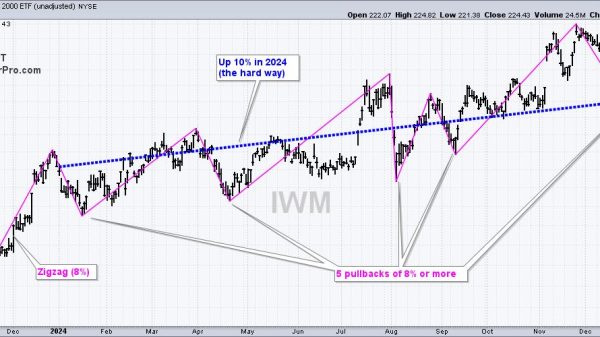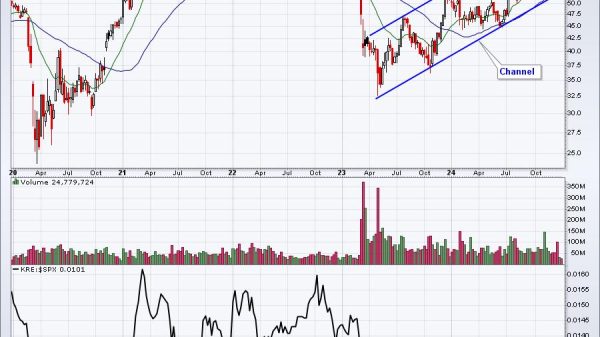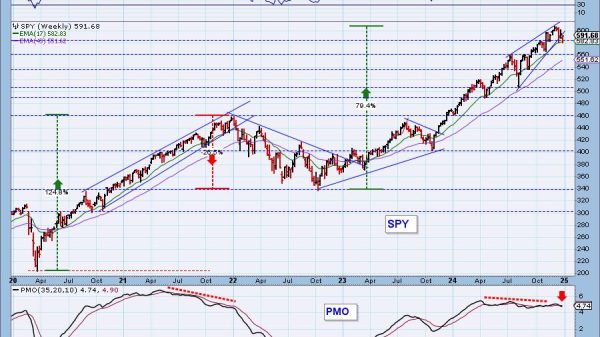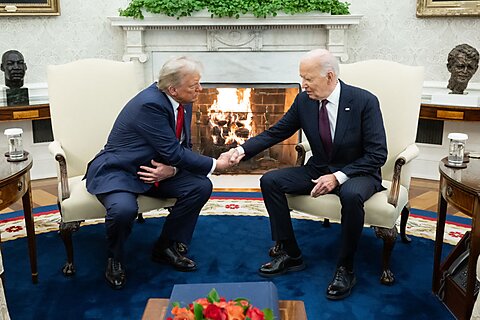Jeffrey A. Singer
As of 2022, all 50 states and the District of Columbia allow nurse practitioners (NPs) to prescribe medications. However, many states’ “scope of practice” laws do not allow NPs to prescribe medications unless supervised by a physician. As of October 2022, 27 states plus the District of Columbia grant “full practice authority” to NPs, permitting them to practice and prescribe independently of physicians.
Critics of full practice authority, usually advocates for entrenched incumbents such as the American Medical Association, contend that NPs provide poor quality care. They lobby against state legislation aimed at expanding NP’s scope of practice.
We previously reported on a large quasi‐experimental study of Veterans Health Administration patients in 530 VHA facilities:
After comparing patient conditions pre‐ and post‐reassignment and between primary care providers, the study found NP‐assigned patients had similar total costs and clinical outcomes to physician‐assigned patients and were less likely to require hospitalization.
Today, a study by researchers at the University of California Los Angeles, Stanford University, and Yale University appears in the Annals of Internal Medicine that further debunks claims that NPs provide poor‐quality care.
The researchers examined data from Medicare Part D beneficiaries aged 65 or older between 2013 and 2019 in the 29 states that had granted NPs prescriptive authority by 2019. Using the American Geriatrics Society’s Beers Criteria, they measured the rate of “inappropriate prescriptions,” defined as drugs that should not generally be prescribed to adults over age 65.
The researchers concluded:
Nurse practitioners were no more likely than physicians to prescribe inappropriately to older patients. Broad efforts to improve the performance of all clinicians who prescribe may be more effective than limiting independent prescriptive authority to physicians.
With a worsening shortage of primary care physicians, an overall shortage of health care workers, and an aging population, lawmakers and policymakers can help expand access to primary care services by allowing NPs to practice to the full extent of their training in the remaining states and territories that restrict their scope of practice.
























